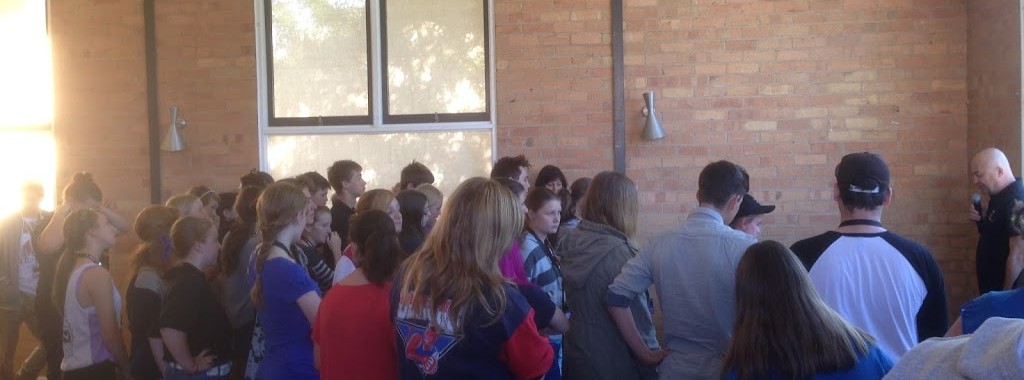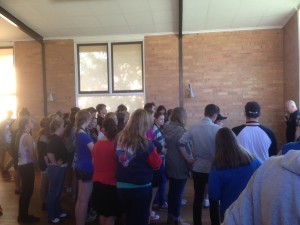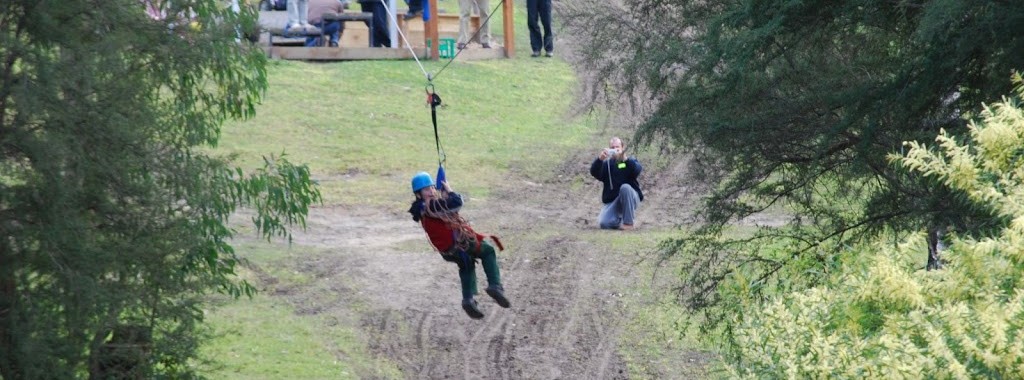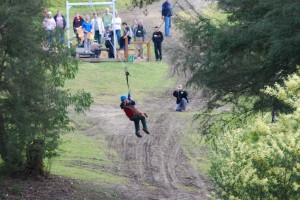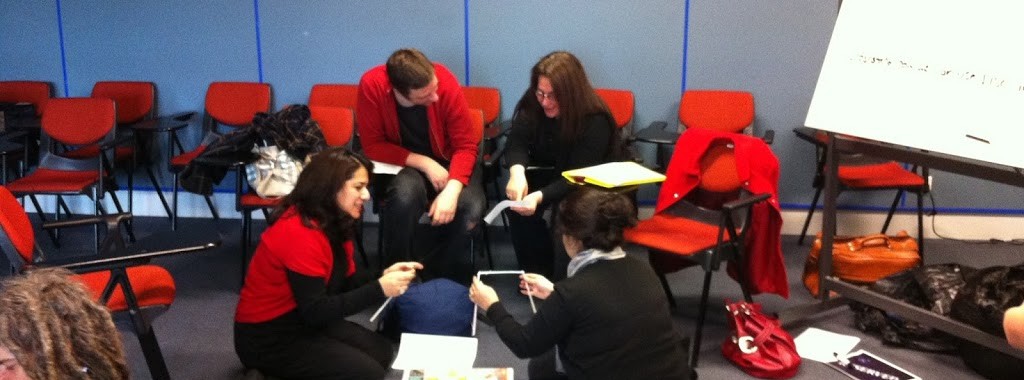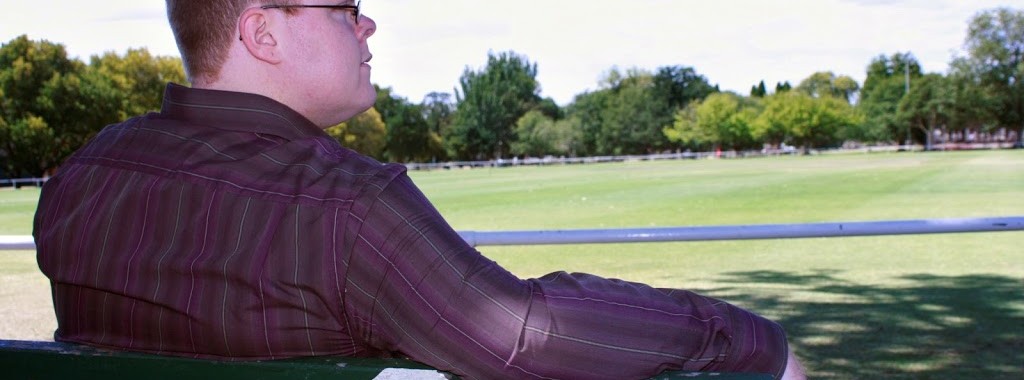-
Build your network Sep 20, 2012. Having a strong network is key to a youth workers effectiveness. To support our young people we need to have a broad and deep pool of people that we can call on when the chips are down. This post tells you how to get started.
-
AccountabilitySep 12, 2012. The second pillar to our “Model of Effective Youth Work Practice“, Accountability is more important to our best-practice than ever before. Accountability through mentors, good supervisors and reflective practice groups are all great ways to start.
-
What will youth work look like in 2013? This series was an amazing opportunity for us to get some of the people we look up to in the sector to discuss what they saw as the next step in the youth services sector. Shae and Stephen, Professor Dana Fusco, Sam Ross, Professor Howard Sercombe and our Director Aaron Garth all spoke on this and it has been one of our most read group of posts.
-
Reflective practice: Why we should journal. Aug 21, 2012. In our youth work courses they require us to do some journaling at some stage as a chance to reflect on our practice… so why do we stop when we enter the field as employees? This post asks us to get back in the habit.
-
Setting boundaries in youth work: How much do I share about me? Oct 31, 2012. As a teacher in a youth work course this is one of the questions I always get asked when students go on placement. knowing how much to share about ourselves is one of the hardest questions to grapple with because there is no straight answer.
What is youth work without innovation and risk?
Twenty years from now you will be more disappointed by the things that you didn’t do than by the ones you did do. So throw off the bowlines. Sail away from the safe harbor. Catch the trade winds in your sails. Explore. Dream. Discover.
– Mark Twain
Bring a pen and paper!!!
A short one today! Over the last couple of weeks I have been working with a number of student youth workers helping them with their field placements. One of the most frustrating things tat I have seen in these new recruits to the sector is something which has become more prevalent over the last decade. They don’t take notes!!!
It is really hard to take notes when you don’t have a pen and something to write on. Some say they can do it on their phone or Ipad, but the reality is that there is no substitute for pen and paper.
When I was a new member of the working class a mentor of mine said to me that I should take pen and paper into every meeting I ever have. Write everything down he told me. Your memory is not as good as you think it is he said. He was right!
The one piece of advice I give my students and many of those that we supervise is take a pen and paper every where. Write everything down. You never know what you will need to remember!
Youth worker education: The time for change is nigh.
Mental State Exam for youth workers: Insight and Judgement
Insight
Judgment
If you have any questions contact us.
Do youth workers really provide justice for young people in youth justice?
If you are a youth worker in a youth justice system, you need to remember that your first duty is to the young people. You are not a police officer, parole officer or jailer. You are a youth worker. If you remember that then you will provide justice to these most troubled of young people.
Leave us a comment below or post a comment about this post on facebook and twitter.
If you haven’t yet, sign up for our newsletter to find out all the goings on at Ultimate Youth Worker.
Police records and public perception: Youth work with conviction
Developing the leaders of the future: youth work qualifications aren’t enough!
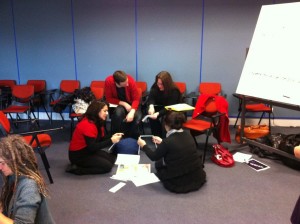 |
| Youth workers are looking for leaders in the field. |
-
Focused on effective results not efficient KPI’s.
-
Advocates for sector wide reforms including; better funding, focus on holistic interventions and staff support.
-
Developers of new research and practice literature which brings a youth work specific body of work to academia.
-
A core focus on our clients need, not our funding bodies “requirements”.
-
The ability to inspire the next generation of youth workers to expand the profession.
-
The wisdom to change with the times and not follow blindly other human service professions
-
A focus on character rather than qualifications when recruiting new staff.
-
A recognition of the role of youth workers by broader society
Leave us a comment below or post a comment on facebook and twitter.
If you haven’t yet, sign up for our newsletter to find out all the goings on at Ultimate Youth Worker.
The Habit of Youth Work: Excellence in all we do.
 |
| Reflective practice is a skill that takes practice |
“We are what we repeatedly do. Excellence, therefore, is not an act but a habit“. Aristotle
Mental state exam for youth workers: Cognition
Attention and concentration are assessed by using structured tests such as series seven tests, or if you are in a pinch getting them to spell a five-letter word backwards), and by testing digit span. Here we are looking to see if the young person can keep their focus and concentration whilst completing given tasks. These tests are great for judging inebriation, attention deficits and anxiety.
Memory is assessed in terms of immediate registration (repeating a set of words), short-term memory (recalling the set of words after an interval, or recalling a short paragraph), and long-term memory (recollection of well known historical or geographical facts). If there is a severe issue with memory it may indicate dementia or neurological issues. Short term memory loss can be a symptom of anxiety.
Executive functioning can be screened for by asking the “similarities” questions (“what do x and y have in common?”) and by means of a verbal fluency task (e.g. “list as many words as you can starting with the letter F, in one minute”). The mini-mental state examination is a simple structured cognitive assessment which is in widespread use as a component of the MSE. These tests are looking at higher order brain functioning and a persons ability to stay on task. This is important for their ability to think in a critical way.
Note: The kind of brief cognitive testing discussed here are regarded as a screening process only, and any abnormalities should be more carefully assessed using formal neuropsychological testing.
Stay tuned for our final segment next week: Insight and Judgement.
